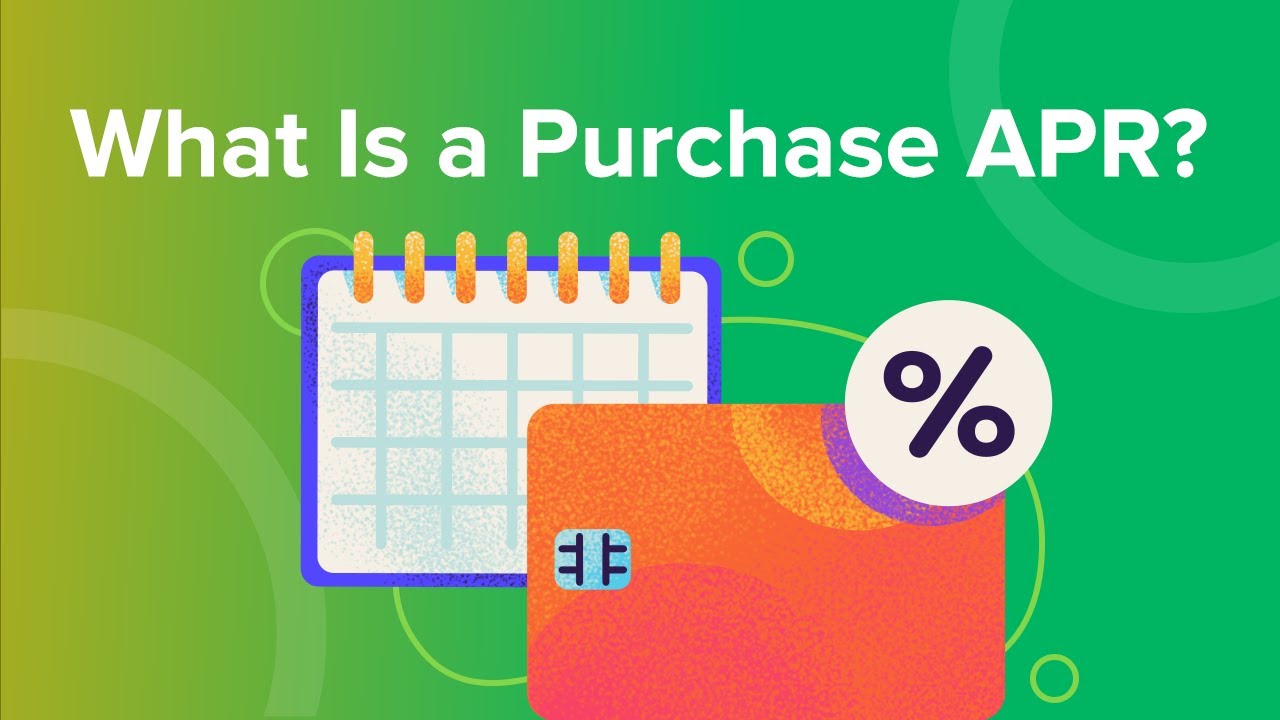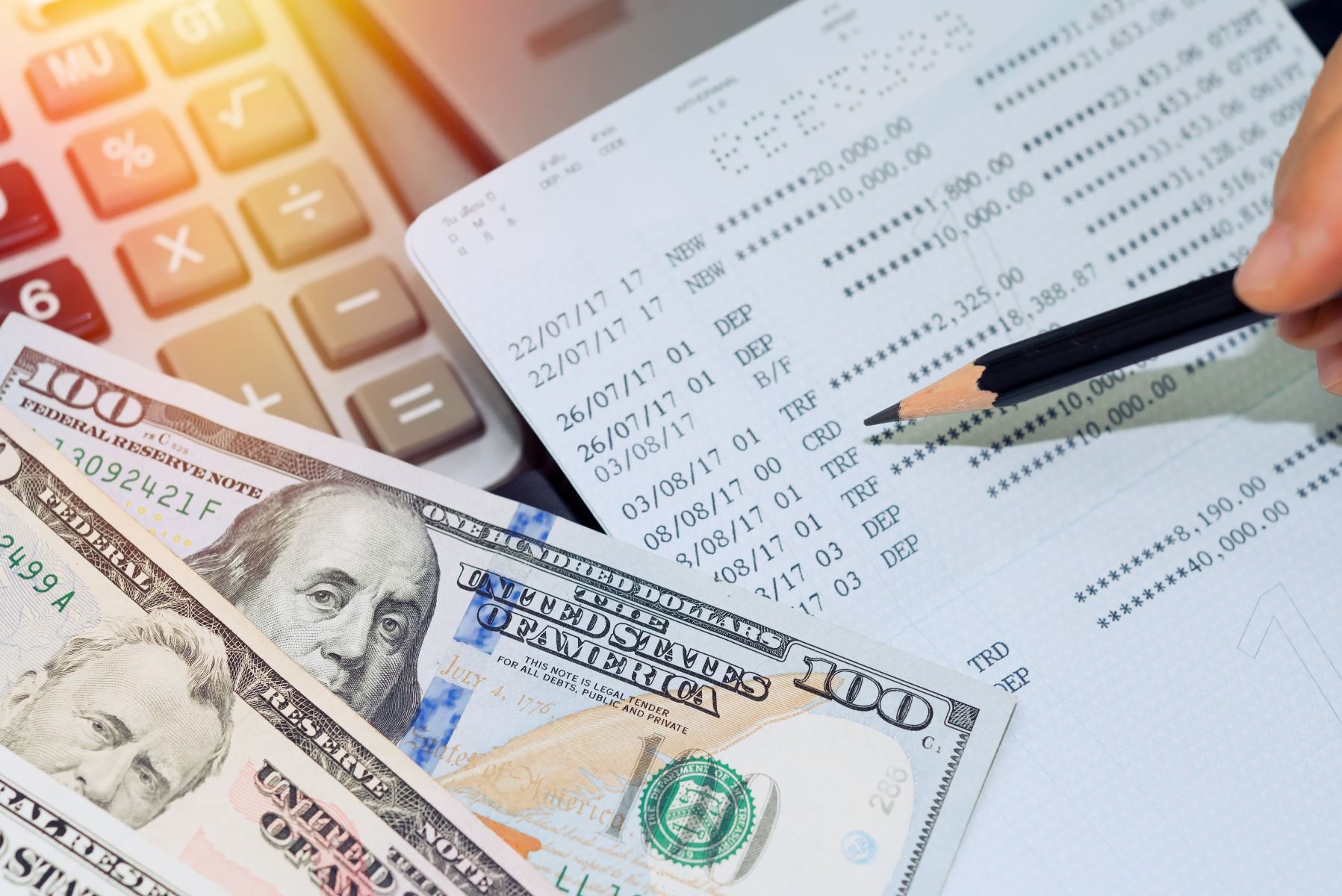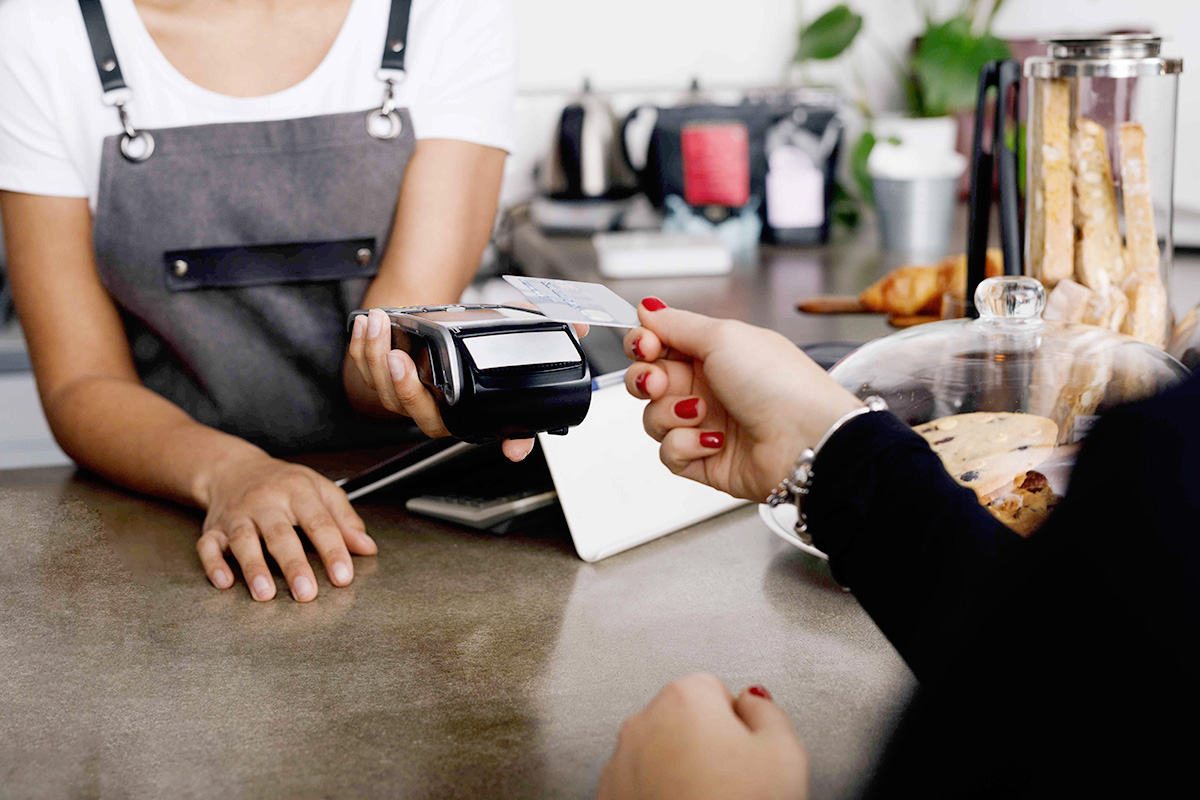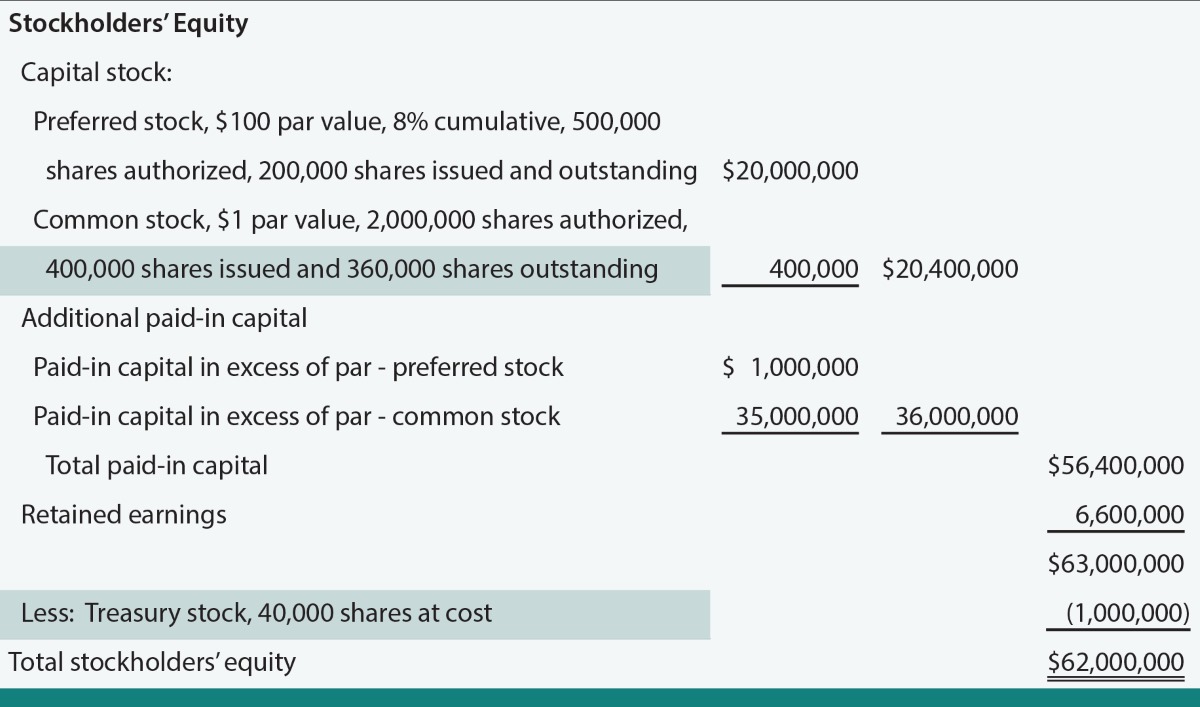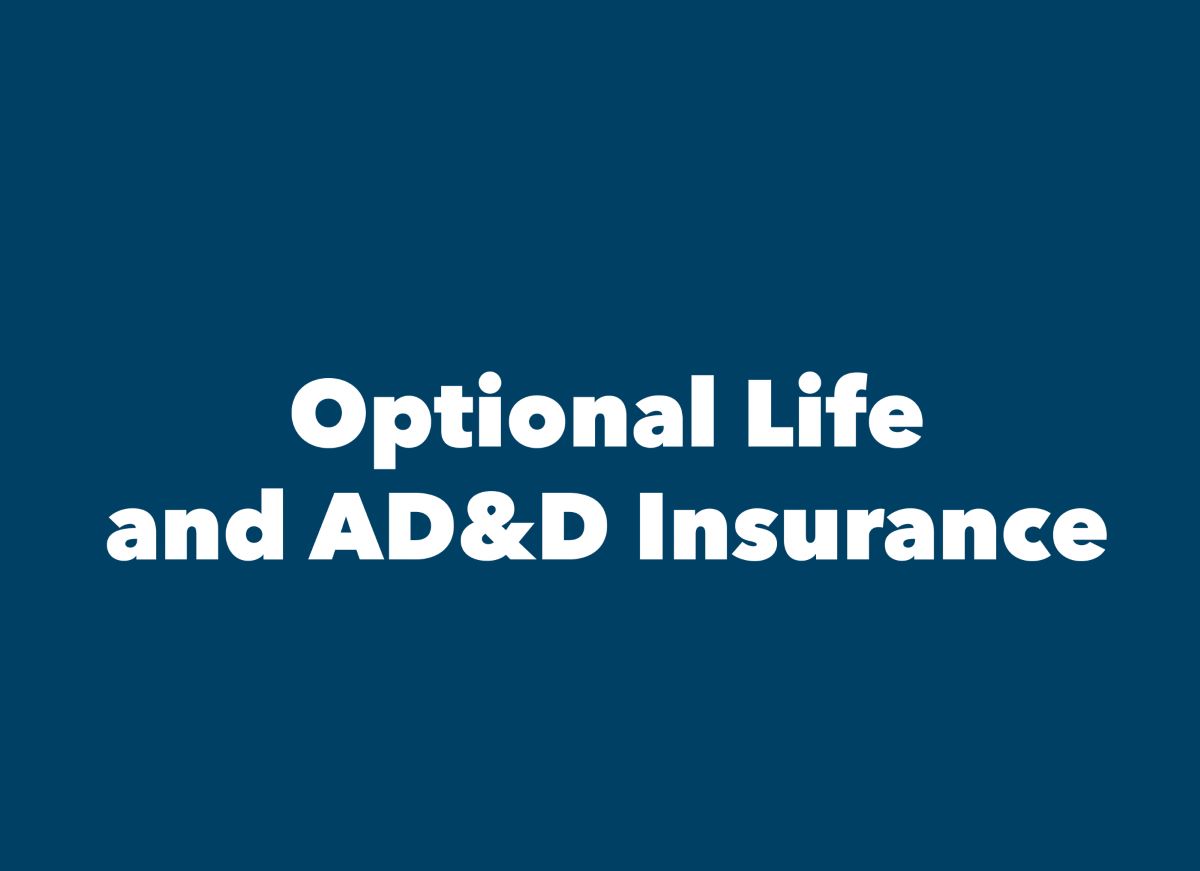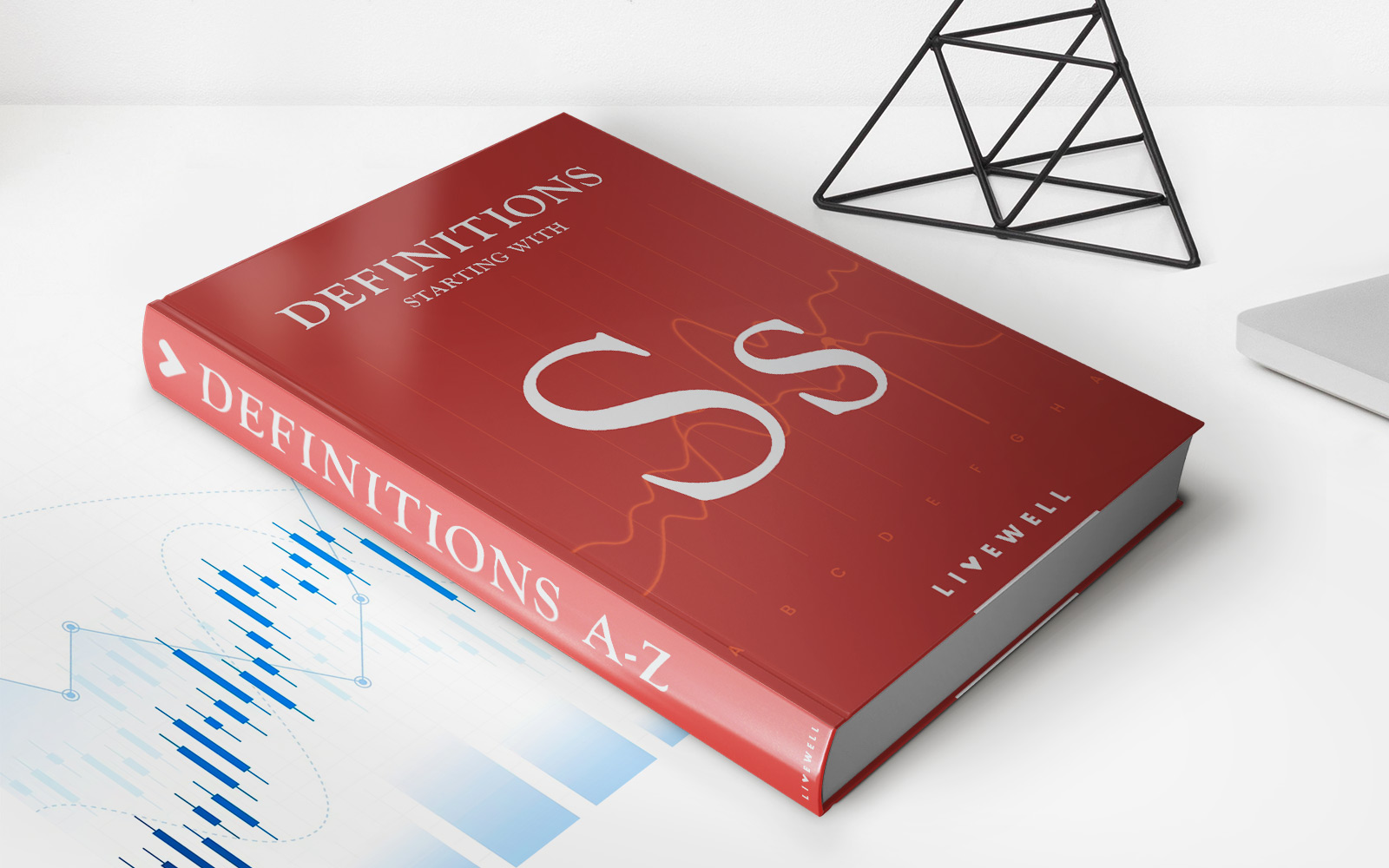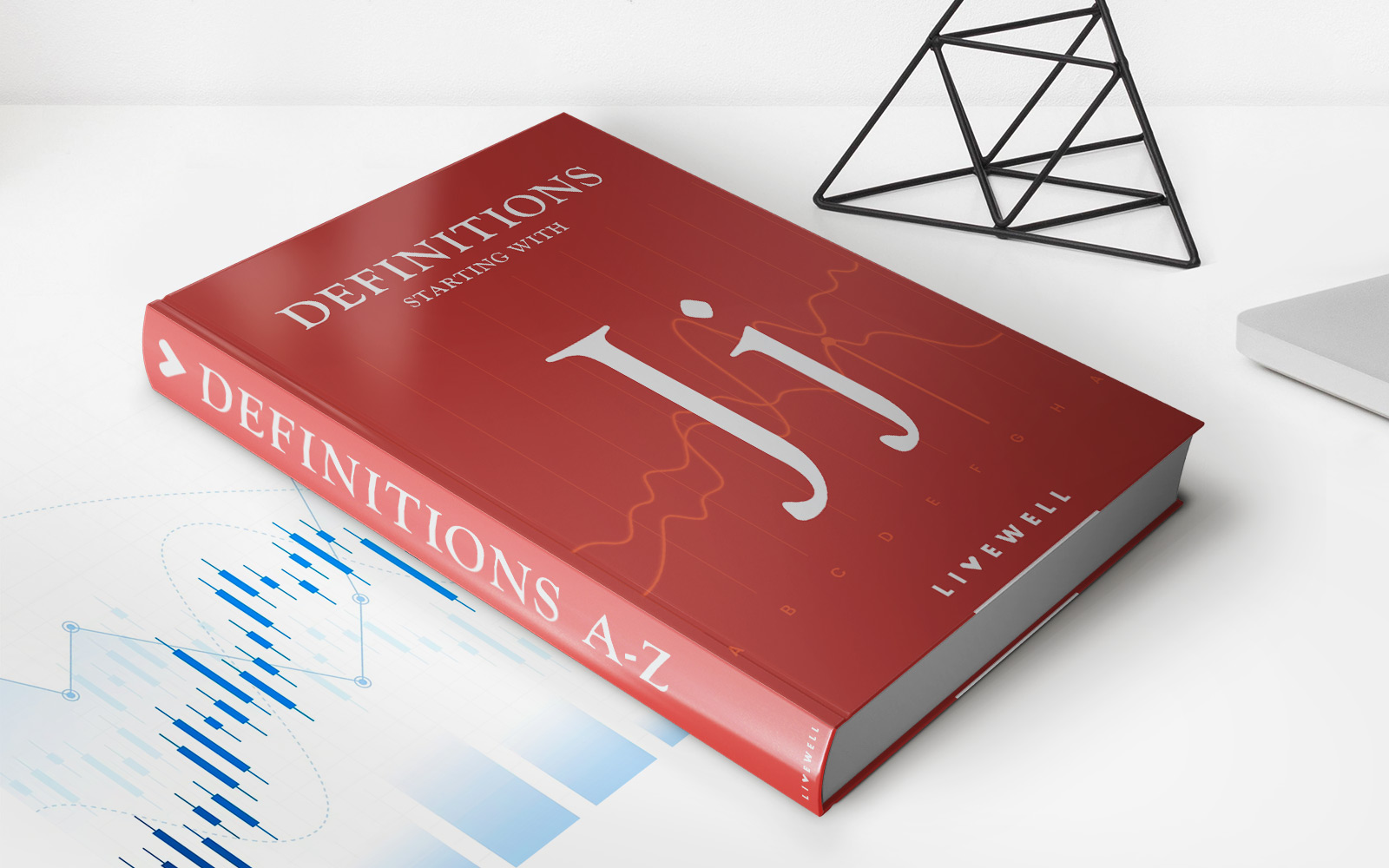Home>Finance>What Items Should You Not Purchase With A Credit Card


Finance
What Items Should You Not Purchase With A Credit Card
Modified: February 21, 2024
Discover which items you should avoid buying with a credit card. From personal finance experts, learn the risks associated with certain purchases and make informed decisions.
(Many of the links in this article redirect to a specific reviewed product. Your purchase of these products through affiliate links helps to generate commission for LiveWell, at no extra cost. Learn more)
Table of Contents
Introduction
When it comes to managing your finances and making purchases, credit cards can be a convenient and flexible tool. They offer the ability to make purchases now and pay later, along with rewards and other financial perks. However, it’s important to use credit cards responsibly and make wise purchasing decisions.
While credit cards can be a great asset, there are certain items that should not be purchased using them. These items can lead to financial trouble, high interest rates, and potentially damage your credit score. In this article, we will explore some of the items you should avoid purchasing with a credit card.
It’s important to note that the use of a credit card should not be seen as free money. It is a form of borrowing, and if not managed properly, can lead to a cycle of debt and financial stress. By being mindful of your purchases and understanding when to use a credit card and when to opt for other payment methods, you can maintain a healthy financial future.
In the following sections, we will delve into specific items that are generally not recommended for credit card purchases. By being aware of these items, you can make informed decisions and avoid potential financial pitfalls.
Cash Advances
A cash advance allows you to withdraw cash from your credit card, typically from an ATM or a bank. While it may seem like a convenient option when you’re short on cash, it is one of the most costly ways to borrow money.
When you take a cash advance, you’ll often be charged a high interest rate, which can be even higher than the standard interest rate for purchases. Additionally, there may be additional fees associated with the cash advance, such as ATM fees or transaction fees.
Furthermore, cash advances usually don’t have a grace period, meaning interest starts accruing immediately after the transaction. Unlike regular purchases that can be paid off over time, cash advances often have higher interest rates and must be repaid in full by the due date to avoid hefty finance charges.
Using a credit card for a cash advance should be a last resort option for emergency situations. It is typically more advisable to explore alternatives like personal loans or borrowing from friends or family, as the cost of cash advances can quickly spiral out of control.
Remember, cash advances can have significant implications on your credit card balance and overall credit utilization. It’s crucial to fully understand the terms and costs associated with cash advances before deciding to use your credit card for this purpose.
High-Interest Items
While using a credit card to make purchases can be convenient, it’s important to be mindful of the interest rates associated with certain items. Some retailers may offer financing options with high-interest rates for expensive items like electronics, furniture, or appliances.
If you choose to purchase these high-ticket items using a credit card, you may end up paying significantly more in interest charges over time. Even if you plan to pay off the balance quickly, the high-interest rates can quickly add up and impact your overall financial well-being.
In situations where you’re considering financing a high-ticket item, it’s advisable to explore other options like personal loans or store financing. These alternatives may offer lower interest rates or promotional periods with zero or low-interest financing.
By carefully evaluating your options and comparing the interest rates, you can make a more informed decision that aligns with your financial goals and minimizes the cost of borrowing.
Remember, it’s essential to read the terms and conditions of any financing offers to ensure that you’re fully aware of the interest rates and repayment terms. Making an informed decision about how to finance high-cost items can help you avoid unnecessary debt and financial strain in the long run.
Mortgage or Rent Payments
Paying your mortgage or rent with a credit card may seem like a convenient way to earn credit card rewards or manage cash flow. However, many landlords and mortgage lenders do not accept credit card payments directly, or they may charge hefty processing fees for this payment method.
Even if your landlord or mortgage lender does accept credit card payments, it’s important to consider the cost and implications. Credit cards typically charge a higher interest rate compared to mortgage loans or rental agreements. By using a credit card for these payments, you may end up paying significantly more in interest charges, offsetting any potential rewards or benefits.
In addition, using a credit card for housing payments can also impact your credit utilization ratio—the amount of available credit you are utilizing. Keeping your credit utilization ratio low is important for maintaining a good credit score. Paying a large amount of your rent or mortgage with a credit card can skew that ratio and potentially lower your credit score.
If you find yourself struggling to make timely mortgage or rent payments, it’s advisable to explore other financial solutions rather than relying on credit cards. Consider speaking with your landlord or mortgage provider to discuss potential payment plans or options for assistance.
If you’re looking to earn rewards or manage your cash flow, there are alternative options available. Look into bank account features or financial tools that offer benefits for bill payments or explore ways to maximize credit card rewards on other types of purchases.
Remember, it’s important to carefully evaluate the costs and benefits before deciding to use a credit card for mortgage or rent payments. Make sure to weigh the potential rewards against the fees and interest charges to ensure it’s a financially sound decision.
Medical Bills
Dealing with medical expenses can be overwhelming, and it may be tempting to put them on a credit card to manage the immediate financial burden. However, using a credit card to pay for medical bills should be approached with caution.
Medical bills can quickly amount to a significant sum, and relying solely on a credit card to cover these expenses can lead to high interest charges and potential debt. Medical providers often offer payment plans or financing options with more reasonable terms, including lower interest rates or payment schedules tailored to your financial situation.
Before resorting to using a credit card for medical bills, it’s advisable to reach out to the billing department of the healthcare facility or provider. Inquire about any available financial assistance programs, payment arrangements, or potential discounts.
If paying with a credit card is your only option, consider exploring cards that offer zero or low-interest promotional periods to minimize the interest accrued. However, it’s crucial to have a plan in place to pay off the balance within the promotional period to avoid high-interest charges afterward.
Furthermore, some medical providers may charge a convenience fee for credit card payments. It’s important to factor in these fees and compare them to the interest rates charged by credit card companies. In some cases, it may be more cost-effective to explore other payment methods or financing options specifically designed for medical bills.
Remember, your overall financial well-being is paramount, and incurring high-interest debt for medical expenses can have long-lasting consequences. Take the time to understand all available payment options and make an informed decision that best suits your financial situation.
Gambling or Betting Activities
Using a credit card for gambling or betting activities is strongly advised against for several reasons. First and foremost, gambling and betting can be highly addictive and can lead to significant financial hardship. By using a credit card for these activities, you may be more inclined to spend beyond your means and accumulate a large amount of debt.
Furthermore, many credit card companies classify gambling and betting transactions as cash advances, which means you’ll be subjected to high-interest rates and additional fees. These fees can quickly accumulate, causing further financial strain.
Using a credit card for gambling activities can also negatively impact your credit score. Excessive gambling may lead to missed payments, high credit utilization, and an overall negative impact on your creditworthiness.
If you find yourself struggling with gambling addiction, it’s important to seek professional help and support to overcome the issue. Many resources and organizations are available to assist individuals in managing and recovering from gambling addiction.
Remember, it’s crucial to prioritize your financial stability and well-being over the allure of potentially winning big. Avoid using credit cards for gambling or betting activities to prevent financial devastation and maintain a healthy financial future.
Illegal Goods or Services
Purchasing illegal goods or services using a credit card is not only unethical but can also have severe legal ramifications. Engaging in illegal activities is against the law and can result in serious penalties, including fines and imprisonment.
Credit card companies have systems and fraud detection measures in place to identify and flag suspicious transactions. If you attempt to use your credit card for illegal purchases, it is highly likely that the transaction will be declined or reported to the authorities.
Moreover, using a credit card for illegal activities can have long-lasting consequences on your credit history and financial future. It can lead to the termination of your credit card account and can make it difficult to obtain credit in the future.
It is essential to prioritize legal and ethical behavior when it comes to financial transactions. If you come across any illegal goods or services, it’s best to refrain from engaging with them and report any suspicious activities to the proper authorities.
Remember, using a credit card for illegal purchases not only jeopardizes your financial well-being but also violates the law. It is important to make responsible financial choices and avoid engaging in any activities that may have adverse legal consequences.
Personal or Household Expenses
While credit cards can be convenient for managing everyday expenses, it’s important to exercise caution when using them for personal or household expenditures. These expenses typically include groceries, utility bills, clothing, and other essential items.
Using a credit card for personal or household expenses can easily lead to overspending and accumulating unnecessary debt. It’s easy to lose track of your spending when using a credit card for everyday purchases, resulting in a higher credit card balance that may be difficult to pay off.
Additionally, using a credit card for these types of expenses may also mean paying high-interest rates. If your credit card has a higher interest rate compared to other forms of credit, such as personal loans or lines of credit, you may end up paying more in interest charges over time.
A wiser approach would be to budget for personal and household expenses, ensuring that you have enough cash on hand to cover these costs. By using cash or a debit card, you will be able to track your spending more easily and avoid falling into unnecessary debt.
Furthermore, for those who prefer the convenience of electronic transactions, using a dedicated debit card linked to your checking account can be a suitable alternative. This way, you can still enjoy the convenience of electronic payments without incurring interest charges or risking overspending.
Remember, credit cards should be used strategically and responsibly. It’s important to distinguish between wants and needs, and only use a credit card for personal or household expenses when you have the means to pay off the balance in full.
Small Purchases
Using a credit card for small purchases may seem harmless, especially if you’re confident in your ability to pay off the balance quickly. However, making frequent small credit card transactions can add up and have a negative impact on your overall financial well-being.
One of the main reasons to avoid using a credit card for small purchases is the potential for overspending. The convenience of swiping a credit card may make it easier to justify impulsive purchases and accumulate unnecessary debt. Small charges here and there may seem insignificant at the moment, but they can quickly add up and become a burden to manage.
In addition, utilizing a credit card for small purchases can make it more challenging to keep track of your spending. Unlike using cash or a debit card, which deducts funds directly from your bank account, credit card transactions can easily slip through without immediate consequences. This lack of awareness can lead to financial surprises when the credit card bill arrives.
Moreover, using a credit card for small purchases may not be the most cost-effective option. Some credit cards charge annual fees or have higher interest rates, which can outweigh any potential rewards or benefits gained from using the card for small transactions. It’s important to consider the overall cost and benefit before choosing to use a credit card for small purchases.
Instead of relying on a credit card for small transactions, it can be financially prudent to use cash or a debit card. This allows you to have a better grasp of your spending and prevents the accumulation of unnecessary credit card debt.
Remember, exercising restraint and using credit cards strategically is key to maintaining a healthy financial status. While it may be tempting to use a credit card for small purchases, it’s advisable to consider alternative payment methods to avoid the potential pitfalls of overspending and accumulating credit card debt.
Large Purchases with No Repayment Plan
When it comes to making significant purchases, such as a new car, expensive electronics, or home appliances, it’s crucial to have a solid repayment plan in place before using a credit card. Making large purchases without a clear strategy for repayment can lead to financial stress and potentially damage your credit score.
Using a credit card for a large purchase without a repayment plan can result in high-interest charges if you’re unable to pay off the balance within the grace period. Credit card interest rates can be significantly higher than other forms of credit, such as personal loans or financing options specifically designed for major purchases.
Before using a credit card for a large purchase, it’s important to assess your current financial situation and determine if borrowing through a credit card is the most cost-effective option. Research and compare alternatives, such as personal loans, which may offer more favorable interest rates and repayment terms.
If you decide to proceed with a credit card, be sure to develop a repayment plan that includes a realistic timeline to pay off the balance. Having a clear strategy will help you avoid unnecessary interest charges and keep your credit card debt under control.
Additionally, consider exploring credit cards that offer zero or low-interest promotional periods for balance transfers or new purchases. Taking advantage of these offers can help you save on interest charges and manage your repayment more effectively, as long as you have a plan in place to pay off the balance within the promotional period.
Remember, large purchases should always be approached with careful consideration of your financial capabilities and a clear plan for repayment. Avoid using a credit card for significant expenses if you don’t have a strategy in place to avoid excessive interest charges and potential debt accumulation.
Items You Can’t Afford
One of the most important principles of responsible financial management is only purchasing items you can afford. Using a credit card to buy things that are beyond your means can lead to significant financial trouble and potentially put you in a cycle of debt.
If you find yourself tempted to use a credit card for items you can’t afford, it’s crucial to take a step back and assess your financial situation. Purchasing items that exceed your budget can quickly lead to high credit card balances and interest charges.
Before making any major purchase, it’s advisable to evaluate your budget and determine if you have the available funds to cover the expense. If you don’t have sufficient savings or disposable income, it’s best to postpone the purchase until you can afford it without relying on credit.
Using a credit card for items you can’t afford may result in a cycle of minimum payments, which predominantly cover interest charges rather than actually reducing the principal balance. Over time, this can lead to a never-ending accumulation of debt and financial stress.
Instead of relying on credit for purchases beyond your means, consider alternative options. You could create a savings plan to set aside money each month towards the purchase, or research financing options that offer more favorable terms, such as low-interest loans or store financing.
Remember, using credit cards responsibly means only purchasing items you have the means to pay off in a timely manner. Avoid falling into the trap of impulse buying or keeping up with unnecessary luxuries that may strain your finances in the long run.
By prioritizing financial discipline and making informed choices based on your budget, you can avoid the pitfalls of using a credit card for items you cannot truly afford and maintain a healthier financial future.
Conclusion
Using credit cards can provide convenience and flexibility for managing your finances, but it’s crucial to make wise purchasing decisions. While credit cards may seem like an easy way to finance various expenses, there are certain items that should be avoided when using them.
Cash advances, high-interest items, mortgage or rent payments, medical bills, gambling or betting activities, illegal goods or services, personal or household expenses, small purchases, large purchases without a repayment plan, and items you can’t afford are all items that should generally not be purchased with a credit card.
It’s important to approach credit card usage responsibly and be aware of the potential consequences of using them incorrectly. High interest rates, fees, and the potential to accumulate debt are some of the risks associated with using credit cards for certain purchases.
To make informed decisions, evaluate your financial capacity and explore alternative payment options for large expenses or unexpected bills. Utilize credit cards strategically and only for items that you can comfortably repay within a reasonable timeframe.
By making smart choices and sticking to a budget, you can avoid unnecessary debt, maintain a healthy credit score, and build a solid financial foundation for the future.
Remember, credit cards should be viewed as a tool to assist with your financial goals, not as a means to make purchases beyond your means. Use credit cards responsibly and prioritize financial well-being to ensure a stable and successful financial future.


